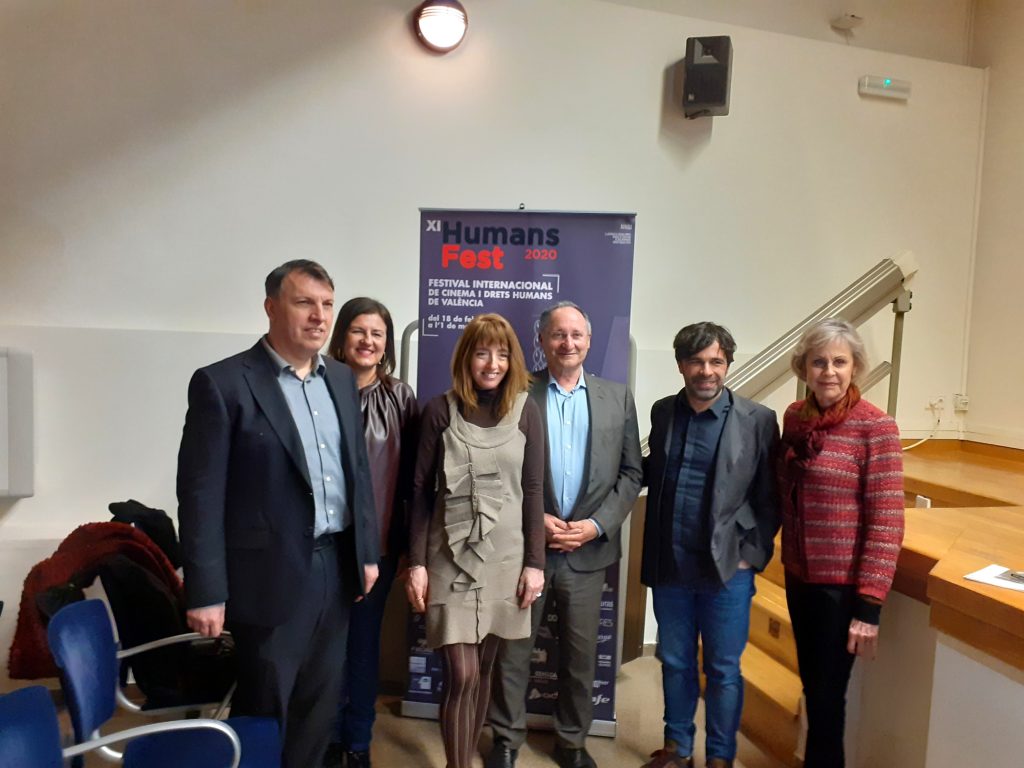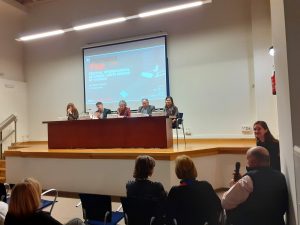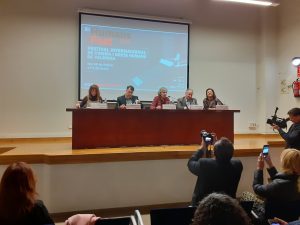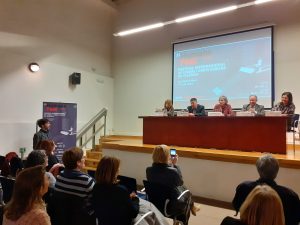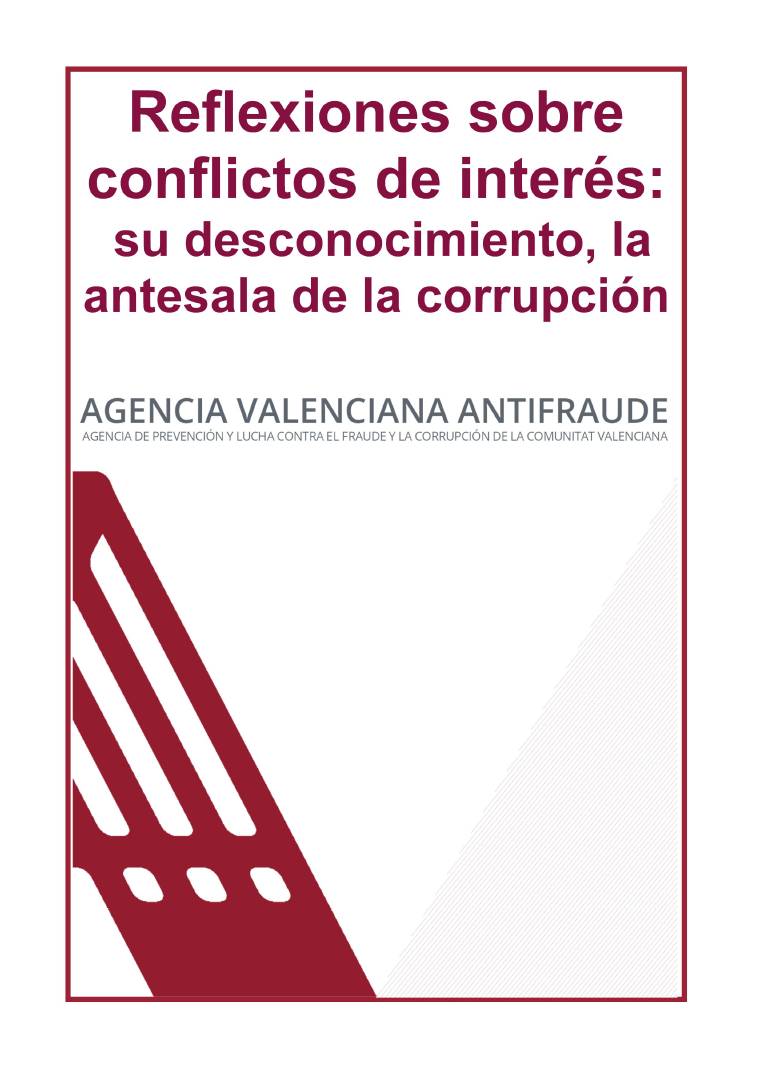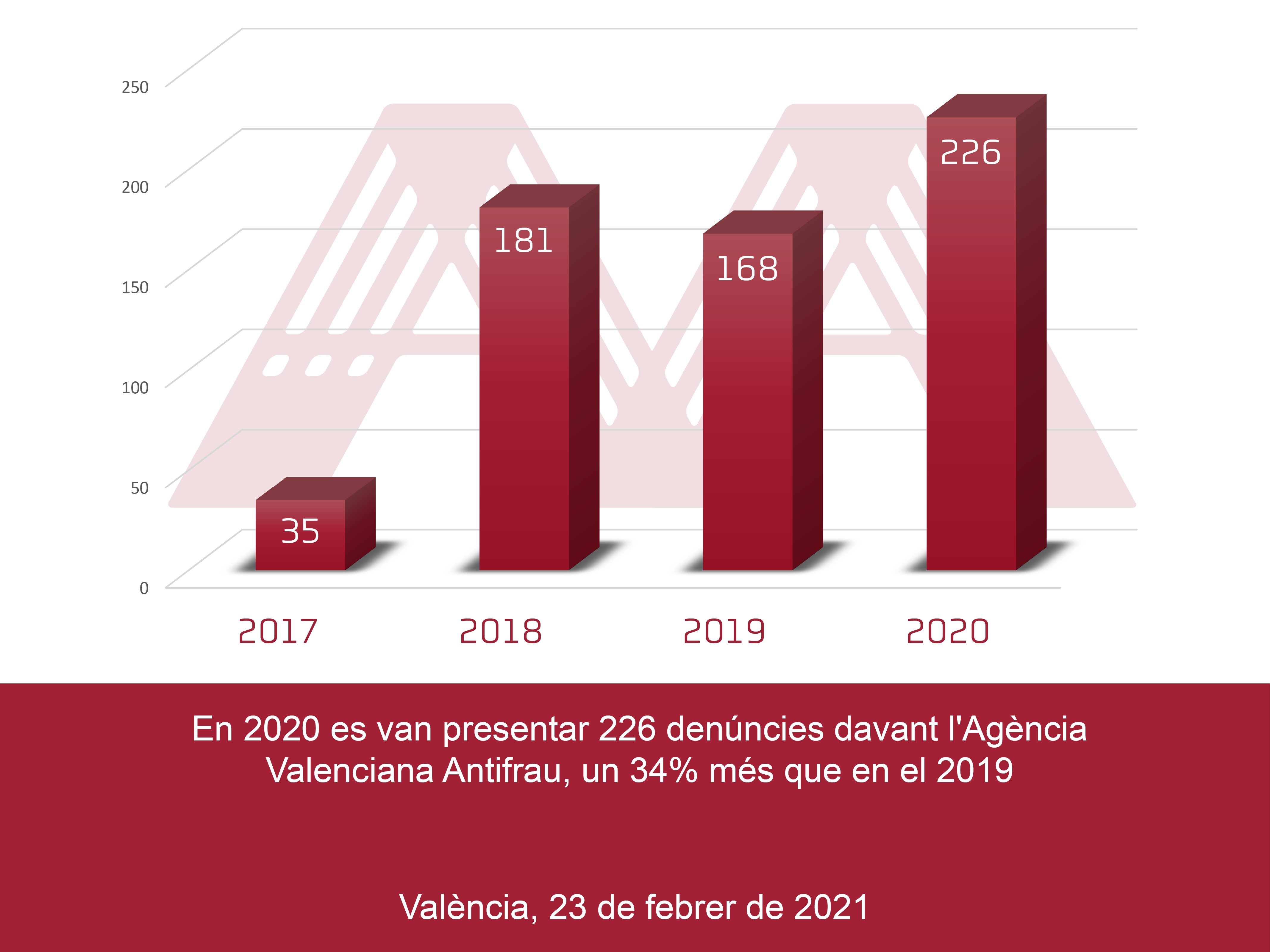On February 23, at the headquarters of the Peset Rector’s College, the Valencian Anti-Fraud Agency participated in the framework of the XI Human Rights and Film Festival, Humans Fest 2020, with the accompaniment of the director of this edition of the festival Samuel Sebastián. This year, the contest has corruption as its motto, and has included the diffusion of the documentary «Corruption. Harmful Organism ”and subsequent round table, with the presence of the director of the Joan Llinares Agency, the director of Legal Affairs of the Teresa Clemente Agency, the magistrate Joaquim Bosch and Teresa Soler, of the Pandora Box TV production company who made the documentary. The round table was moderated by Ana Maria Fuertes from the Foundation for Justice, the organizing institution of the Festival along with other Valencian institutions.
The diffusion of the documentary and round table dealt with current and essential issues for our society, such as the concept of protection of the whistleblower and their rights, the abuse of power, patronage, the financing of political parties, the costs of corruption, prevention measures and their adoption by political parties. Likewise, there was a debate around the importance of civil society and education in the fight against corruption, and the need not to legitimize corruption through the vote of the electorate.


